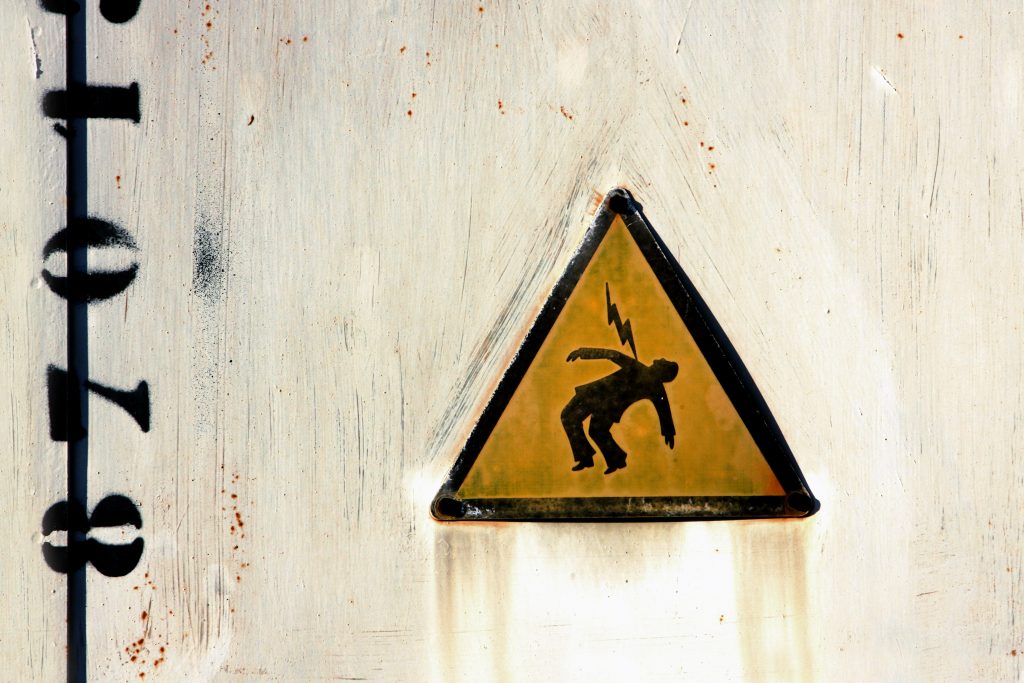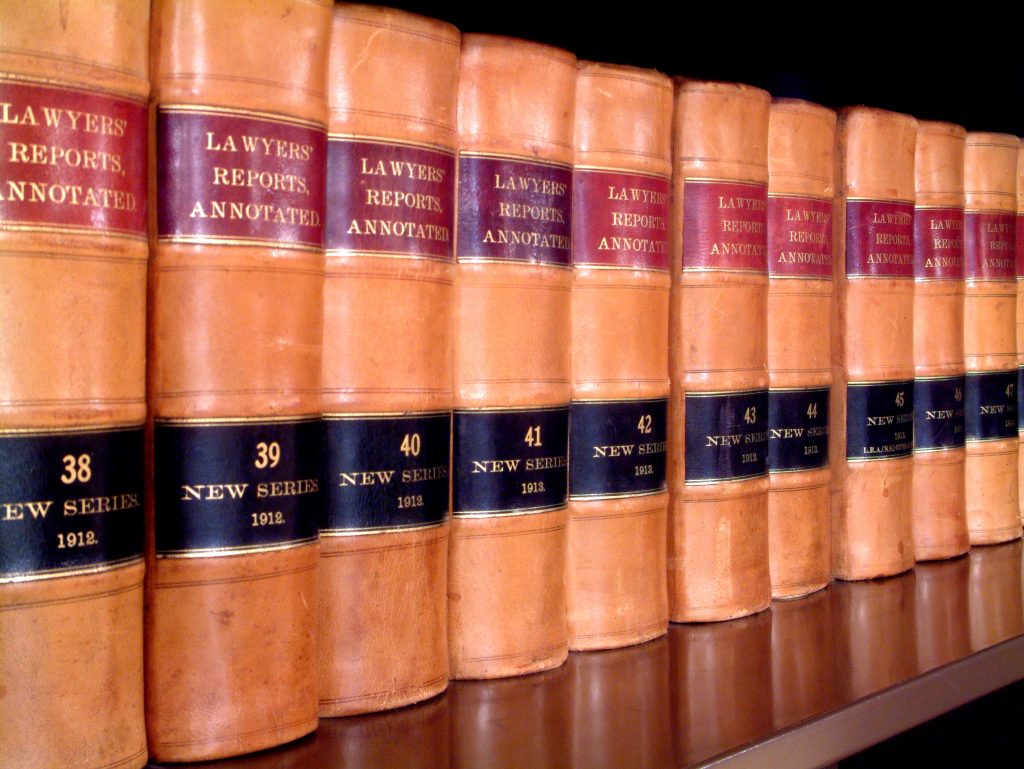 Being on time is important. In legal matters, being on time is absolutely crucial to the workings of the court and the survival of the case. There are rules that determine the timeframes and time limits involved in a legal battle and it is always best to follow them to the letter.
Being on time is important. In legal matters, being on time is absolutely crucial to the workings of the court and the survival of the case. There are rules that determine the timeframes and time limits involved in a legal battle and it is always best to follow them to the letter.
In an East Baton Rouge lawsuit seeking to recover unpaid insurance premiums, the defendant, Insurer’s Salvage Auction, Inc., learned the vital importance of timely serving a memorandum in opposition to the plaintiff’s motion for summary judgment. The First Circuit Court of Appeal, in Retailers Casualty Insurance Company v. Insurer’s Salvage Auction, Inc., stated that the 19th District Court properly excluded the defendant’s untimely served memorandum in opposition and supporting affidavit. As such, the First Circuit Court of Appeal affirmed summary judgment in favor of Retailers Casualty Insurance Company.
According to the applicable Louisiana rules, La. C.C.P. art. 966B(1) and La. Dist. Ct. R. 9.9(c), all parties must receive a defendant’s memorandum in opposition and supporting affidavits at least eight calendar days before the hearing on a plaintiff’s motion for summary judgment. In the instant case, Retailers Insurance Company filed its motion for summary judgment on December 29, 2013, and the hearing was originally set for March 17,2014. The hearing was later rescheduled for May 19, 2014.
 Louisiana Personal Injury Lawyer Blog
Louisiana Personal Injury Lawyer Blog


 Don’t get burned by worker’s compensation failing to pay for your injury. Make sure that you understand what your rights are whenever you file a worker’s compensation claim. Clinton Miley, a firefighter with the Bogalusa Fire Department, suffered from paroxysmal supraventricular tachycardia (PSVT) after 19 years on the job. He looked to a Louisiana law known as the Firefighters Heart and Lung Statute to prove that his injuries were caused by his job as a firefighter.
Don’t get burned by worker’s compensation failing to pay for your injury. Make sure that you understand what your rights are whenever you file a worker’s compensation claim. Clinton Miley, a firefighter with the Bogalusa Fire Department, suffered from paroxysmal supraventricular tachycardia (PSVT) after 19 years on the job. He looked to a Louisiana law known as the Firefighters Heart and Lung Statute to prove that his injuries were caused by his job as a firefighter. Following proper procedure is critical when it comes to preserving your legal rights. While some rules might seem a bit harsh the best lawyers know the rules and will make sure you do not lose your case simply because you did not dot your I’s and cross your T’s. The following case out of Rapides Parish demonstrates what can happen when a fax filed lawsuit is not followed up with the mailed petition in the proper time.
Following proper procedure is critical when it comes to preserving your legal rights. While some rules might seem a bit harsh the best lawyers know the rules and will make sure you do not lose your case simply because you did not dot your I’s and cross your T’s. The following case out of Rapides Parish demonstrates what can happen when a fax filed lawsuit is not followed up with the mailed petition in the proper time.  In executing the terms of a construction contract, a builder and its subcontractors may not perform their duties as mandated under the terms of the contract. If a builder fails to perform its duties, then a property owner may file a claim for breach of contract and damages against the builder for defects in performance. However, the property owner’s ability to bring a claim against the builder is limited to a specific period of time prescribed by state law. The state legislature has the ability to pass laws that change the period of time in which a property owner can bring a claim against the builder for defects in performance; and in 2003, the Louisiana Legislature exercised this power to make changes in the law barring this type of claim, reducing the period from seven to five years.
In executing the terms of a construction contract, a builder and its subcontractors may not perform their duties as mandated under the terms of the contract. If a builder fails to perform its duties, then a property owner may file a claim for breach of contract and damages against the builder for defects in performance. However, the property owner’s ability to bring a claim against the builder is limited to a specific period of time prescribed by state law. The state legislature has the ability to pass laws that change the period of time in which a property owner can bring a claim against the builder for defects in performance; and in 2003, the Louisiana Legislature exercised this power to make changes in the law barring this type of claim, reducing the period from seven to five years.  When you are injured by the actions of another person, seeking monetary damages from them in court is one way to ensure that your costs can be met. However, sometimes judges and juries can make factual or legal mistakes that result in damages that are too high or too low, and in these instances it is often up to an appellate court to set the correct monetary amount. If you have received a monetary damage judgment, but you believe it does not represent the true cost of the injuries you suffered as a result of the other person’s actions, you have the option of seeking an appeal from a higher court to modify your damages.
When you are injured by the actions of another person, seeking monetary damages from them in court is one way to ensure that your costs can be met. However, sometimes judges and juries can make factual or legal mistakes that result in damages that are too high or too low, and in these instances it is often up to an appellate court to set the correct monetary amount. If you have received a monetary damage judgment, but you believe it does not represent the true cost of the injuries you suffered as a result of the other person’s actions, you have the option of seeking an appeal from a higher court to modify your damages.
 It’s common sense that self defense class instructors should teach the students how to defend themselves and not inflict pain or broken bones while instructing. However some instructors can go overboard while trying to “teach” these skills. The following case out of Lafourche Parish highlights what can go wrong when simulations in a self defense course get a bit too real for one participant causing her a broken arm and other damages.
It’s common sense that self defense class instructors should teach the students how to defend themselves and not inflict pain or broken bones while instructing. However some instructors can go overboard while trying to “teach” these skills. The following case out of Lafourche Parish highlights what can go wrong when simulations in a self defense course get a bit too real for one participant causing her a broken arm and other damages. Class action lawsuit certification is one of the most complex areas of the law to explain. The question of whether a lawsuit would be best as a class action or as individual lawsuits often comes down to a determination of what is the best method for fair and efficient adjudication for both the plaintiffs and the defendant.
Class action lawsuit certification is one of the most complex areas of the law to explain. The question of whether a lawsuit would be best as a class action or as individual lawsuits often comes down to a determination of what is the best method for fair and efficient adjudication for both the plaintiffs and the defendant.  In litigation, “discovery” is the legal procedure by which parties obtain evidence from other parties or non-parties. Examples of common discovery tools include depositions (a witness’s out-of-court testimony) or requests to produce documents or other things. In Louisiana, attorneys must sign discovery requests, responses, and objections to discovery requests. This certifies that the request, response, or objection is consistent with the rules of discovery and is warranted by existing law or a good faith argument for extension, modification, or reversal of existing law. ( See
In litigation, “discovery” is the legal procedure by which parties obtain evidence from other parties or non-parties. Examples of common discovery tools include depositions (a witness’s out-of-court testimony) or requests to produce documents or other things. In Louisiana, attorneys must sign discovery requests, responses, and objections to discovery requests. This certifies that the request, response, or objection is consistent with the rules of discovery and is warranted by existing law or a good faith argument for extension, modification, or reversal of existing law. ( See Countless lawsuits are decided under the legal standard of summary judgment. Summary judgment occurs when lawyers request a court to decide whether there are enough facts in dispute to even proceed with a lawsuit. The party requesting summary judgment must show that there is simply no dispute of any material fact and that the person requesting summary judgment is entitled to judgment as a matter of law. In answering this question, judges determine whether there is enough evidence in a case that a jury would be able to side with the person not requesting summary judgment. As a tactical matter, good lawyers often request summary judgment to dispense with certain claims early on in a lawsuit thus saving their clients time and money.
Countless lawsuits are decided under the legal standard of summary judgment. Summary judgment occurs when lawyers request a court to decide whether there are enough facts in dispute to even proceed with a lawsuit. The party requesting summary judgment must show that there is simply no dispute of any material fact and that the person requesting summary judgment is entitled to judgment as a matter of law. In answering this question, judges determine whether there is enough evidence in a case that a jury would be able to side with the person not requesting summary judgment. As a tactical matter, good lawyers often request summary judgment to dispense with certain claims early on in a lawsuit thus saving their clients time and money.